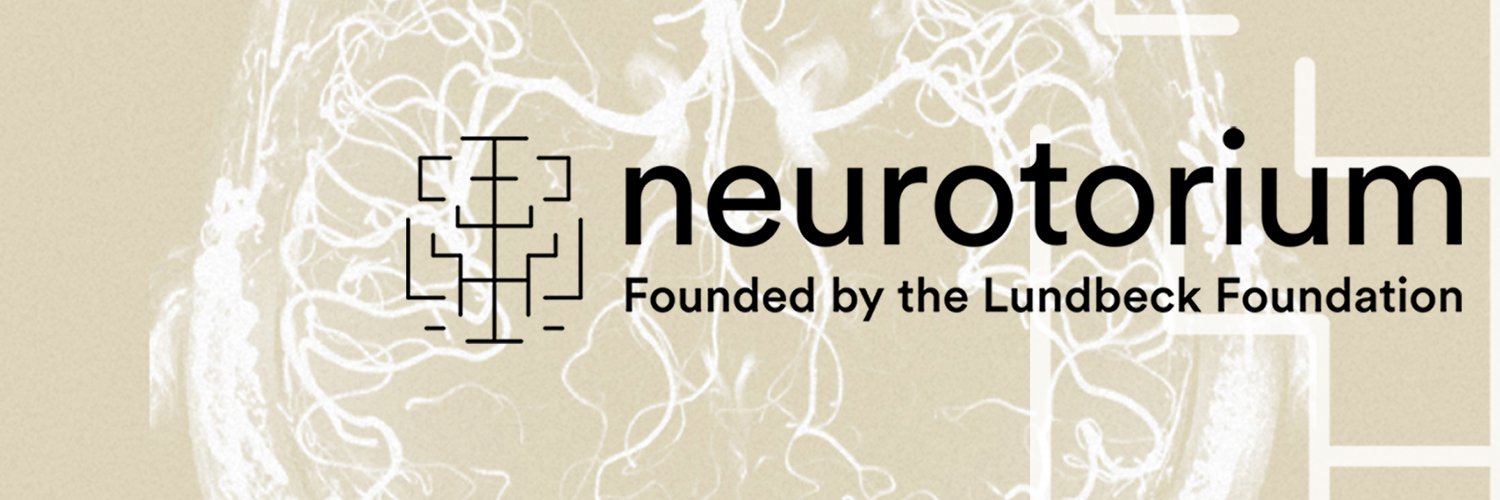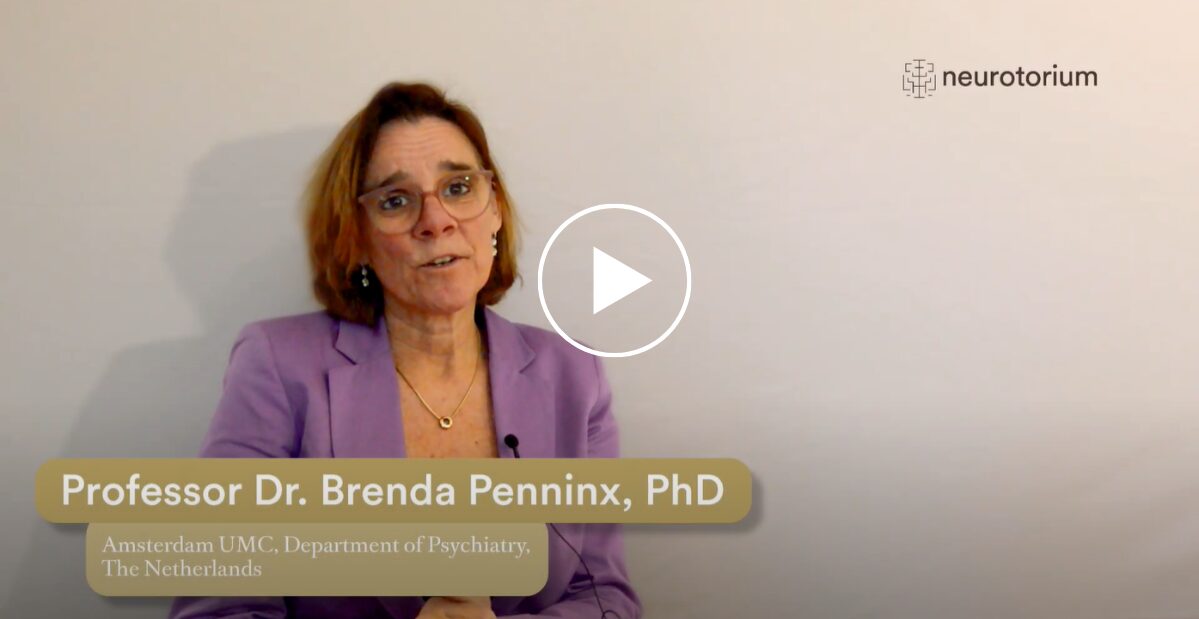
Neurotorium
@neurotorium
A platform filled with free educational content on topics within #psychiatry, #neurology and #neuroscience. 🧠
Bipolar disorder can develop through the interplay of biological, environmental, and mood-related risk factors. Early interventions offer hope for reducing the burden of this condition. Learn more here: neurotorium.org/slidedeck/bipo…

Today marks the 12th WFN World Brain Day, with the theme: Brain Health for All Ages. Awareness of neurological and psychiatric disorders is critical. Find free, expert-reviewed resources for learning at Neurotorium.org #WBD2025

Approximately 80% of all strokes are ischaemic. The underlying pathology is often multifactorial, involving interrelated arterial and cardiac conditions. Identifying the specific cause of stroke is critical for short-term and long-term care. Learn more: ow.ly/C44P50WluMQ

We are offering grants for projects that aim to enhance training in neurology & psychiatry. This global funding is designed to support initiatives that contribute to medical training. Application deadline: 2nd September, 2025 Apply here: neurotorium.org/grants/clinica…

All 6 of our Parkinson’s Disease slide decks on ow.ly/lqxw50WlsjH are now updated — 222 slides covering diagnosis, burden, symptoms, neurobiology & treatment. Developed and reviewed by experts - and completely free to download and use: ow.ly/wXXj50WlsjG

Although advancing age is the most prominent risk factor, sporadic Alzheimer’s disease arises from the interplay of multiple converging factors. These include cardiovascular comorbidities, traumatic brain injury, lifestyle-related risks, and others. ow.ly/jbkR50WlsgJ

The latest update of our Parkinson's disease (PD) slide deck “Treatment Principles” is now online! Featuring 34 fully updated slides for 2025 - completely free to download and use. Click here to learn more: neurotorium.org/slidedeck/park… #ParkinsonsDisease
Explore our interactive 3D Brain Atlas, offering: • A 360° view of the human brain • Detailed visualization of cortical and subcortical structures • Concise, expert-written descriptions • High-resolution images for educational use neurotorium.org/tool/brain-atl…
Despite progress in symptom management, no therapy yet slows Parkinson’s disease (PD) progression — highlighting the urgent need for deeper understanding of its pathogenesis. Learn more about PD course and prognosis: neurotorium.org/slidedeck/park…

Alzheimer’s disease (AD) and cardiovascular disease share genetic and environmental risk factors. Understanding these links can support earlier interventions. Learn more about AD comorbidities in our slide deck: 🔗neurotorium.org/slidedeck/alzh…

To support the advancement of clinical education, we are offering grants for projects focused on improving education in neurology and psychiatry. Applications are open worldwide. Apply here: neurotorium.org/grants/clinica…

Looking for expert-reviewed visuals to support #ParkinsonsDisease research or education? 🧠 Neurotorium offers free, high-quality images on key concepts—from pathophysiology to treatment response. 🔗 Explore here: neurotorium.org/image/?termId=… #Neuroscience #MedicalEducation




Substance use disorders are characterized by the compulsion to take a substance or engage in certain behaviours. Addiction is a relapsing brain disease that can have a progressive disease course, characterized by the development of tolerance over time. neurotorium.org/substance-use-…

June is migraine and headache awareness month 🧠 Migraine is one of the most common neurological diseases and is well-known for the often severe headache attacks associated with it. Learn more: neurotorium.org/migraine/ #neurology #migraine #MHAM2025

Don't miss the Neurotorium articles written by experts in psychiatry, neurology, and neuroscience! Via the following link, you can read and download all our articles: neurotorium.org/articles/

High-quality medical training improves patient care. We’re offering grants for projects that advance clinical education in neurology and psychiatry—open to applicants worldwide. Apply here: neurotorium.org/grants/clinica…

In a new Neurotorium video, Prof. Dr. Brenda Penninx explores the heterogeneity of major depressive disorder — a condition that affects millions but is far from uniform. Watch here: neurotorium.org/video/the-hete… #Neurotorium #MajorDepressiveDisorder #Psychiatry

Neurotorium's mission is to increase awareness & knowledge of brain diseases with unbiased, freely accessible educational content. Materials are created & updated by leading experts in psychiatry, neurology & neuroscience. Stay updated with our newsletter: neurotorium.org/sign-up/

Neurotorium's mission is to increase awareness & knowledge of brain diseases with unbiased, freely accessible educational content. Our materials are created & updated by leading experts in psychiatry, neurology, & neuroscience. #MHAM2025 🔗Stay updated: neurotorium.org/sign-up/

The latest update of our Parkinson's disease slide deck “Neurobiology and Aetiology” is now online! Featuring 42 slides fully updated for 2025 - completely free to download and use. Click here to learn more: neurotorium.org/slidedeck/park…